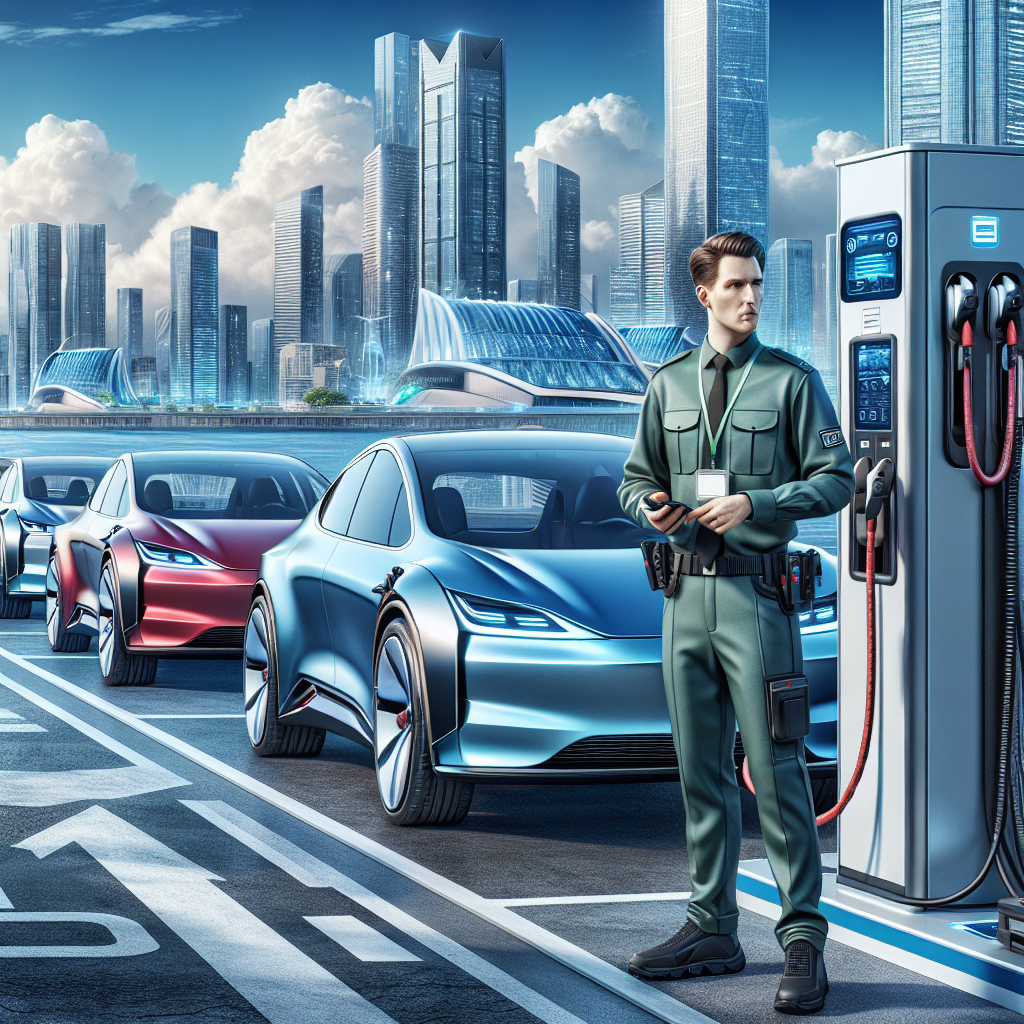Ethiopia's Electric Car Ambitions: Challenges on the Road Ahead
Ethiopia's transition to electric vehicles faces challenges despite government support and bans on non-electric imports. Issues include scarce spare parts, a lack of infrastructure, and insufficient technical expertise. While authorities aim for high importation goals, inadequate facilities and consumer skepticism hinder progress.

- Country:
- Ethiopia
Amid a surge in fuel prices, Ethiopian civil servant Awgachew Seleshi embraced the move to electric cars, aligning with the nation's push towards phasing out gas-powered vehicles. However, Seleshi now grapples with an unreliable electricity supply, scarce spare parts, and high maintenance costs, putting his decision into question.
Ethiopia became the first country to ban non-electric vehicle imports, a move that aims to conserve foreign currency and embrace eco-friendly technology. Government efforts have imported over 100,000 electric cars monthly, yet challenges persist as the country seeks to increase this number to 500,000 by 2030.
Despite the ambitious electric vehicle targets set by Ethiopia, infrastructural inadequacies continue to undermine these goals. Mechanics lack tools and expertise, while consumers face high costs and few repair options. Even as a powerful new dam promises increased electricity, the nation struggles to adapt to an electric future.
(With inputs from agencies.)










